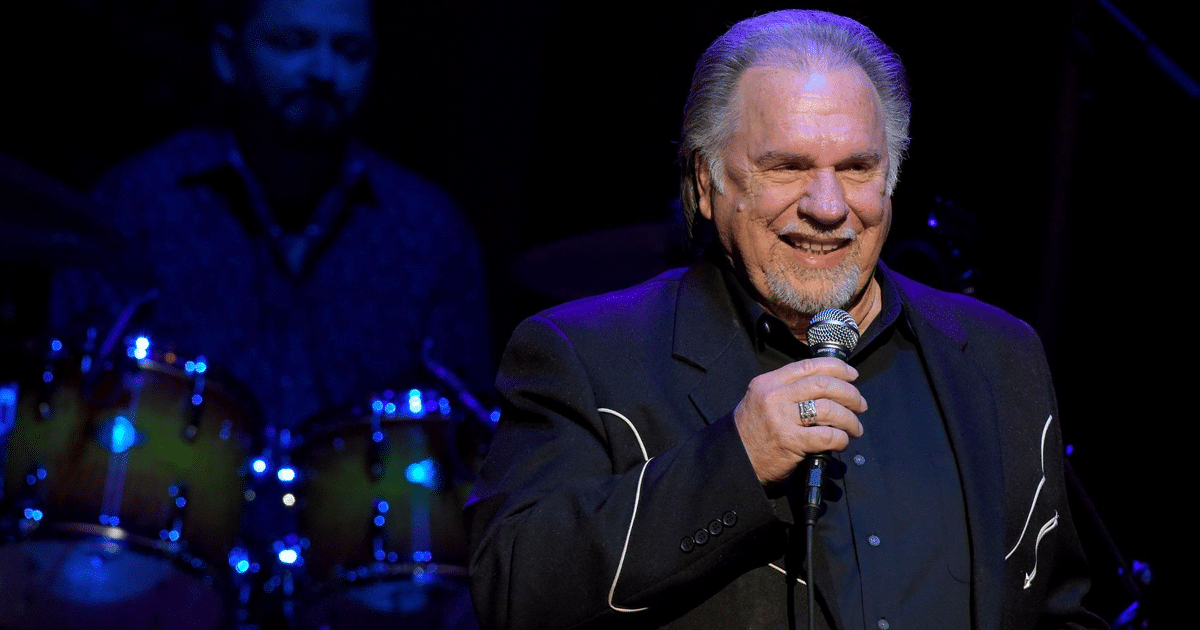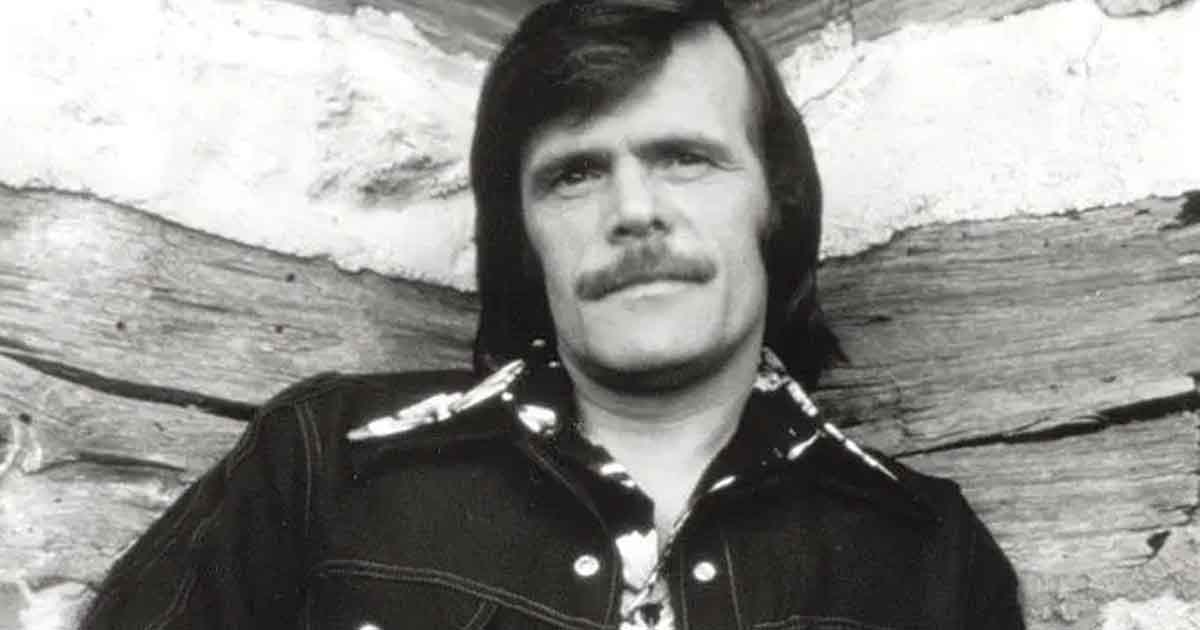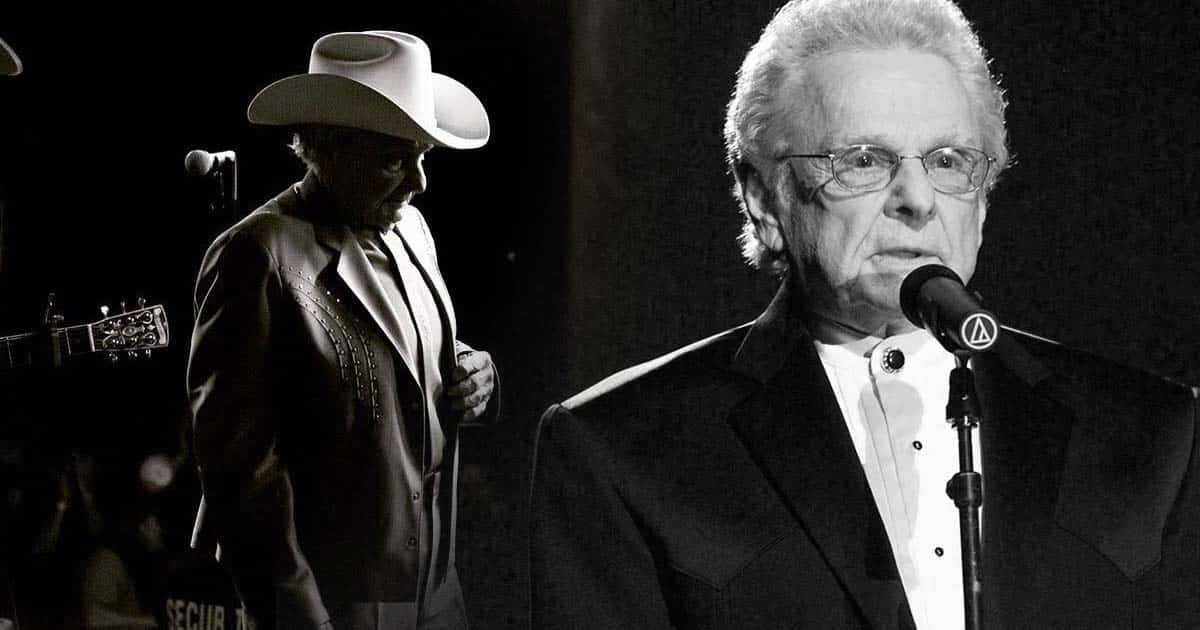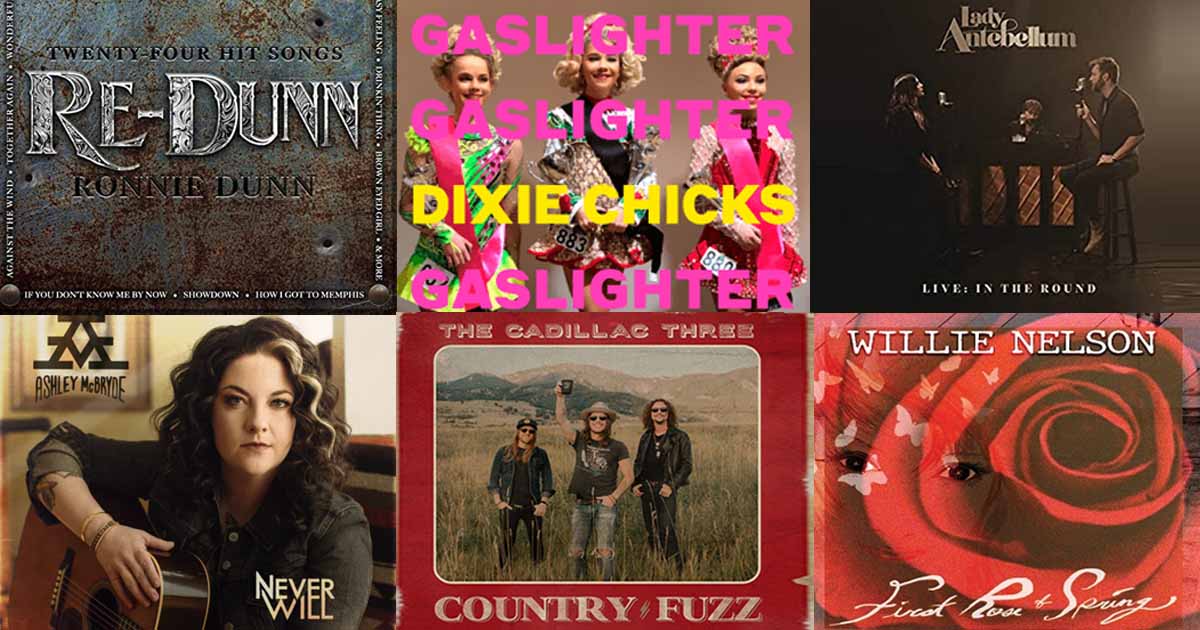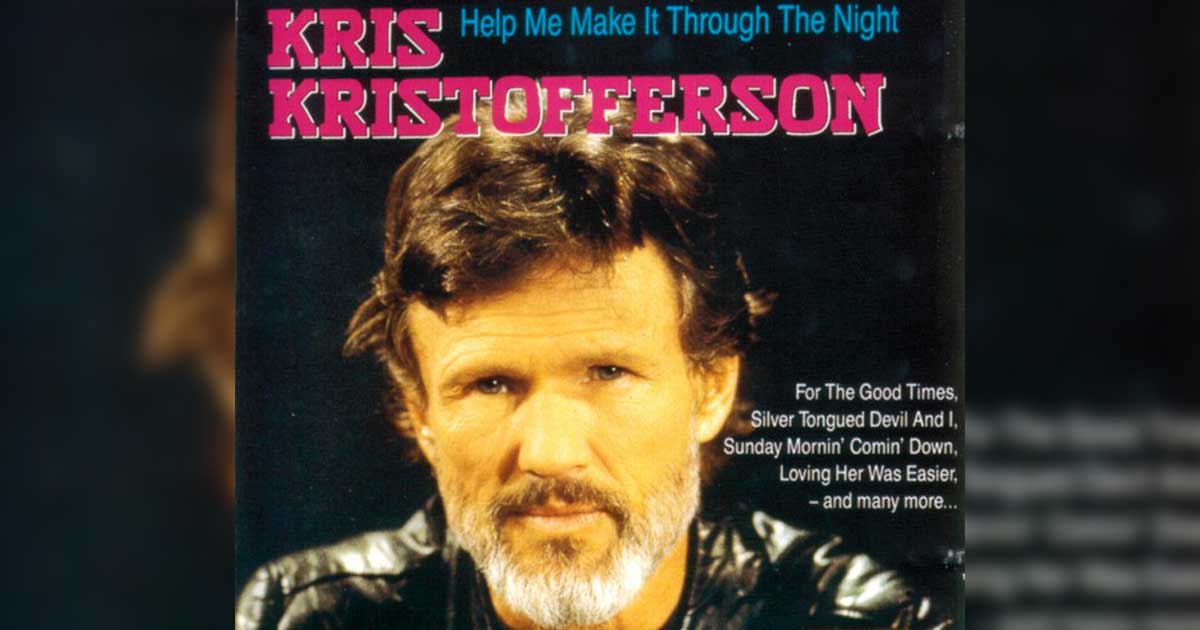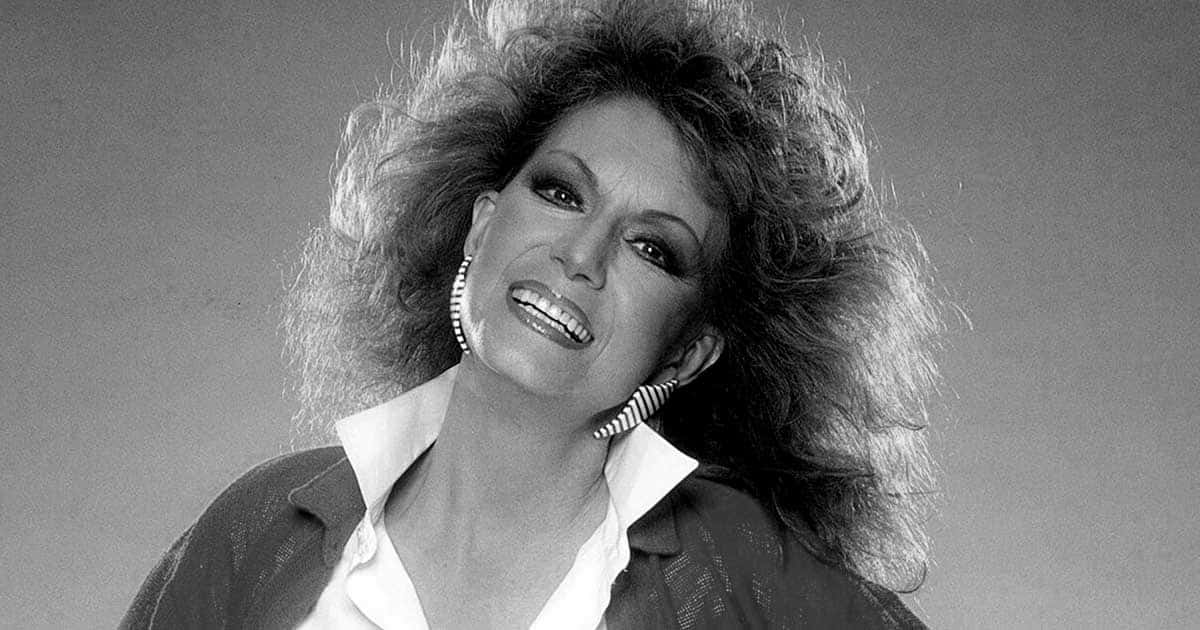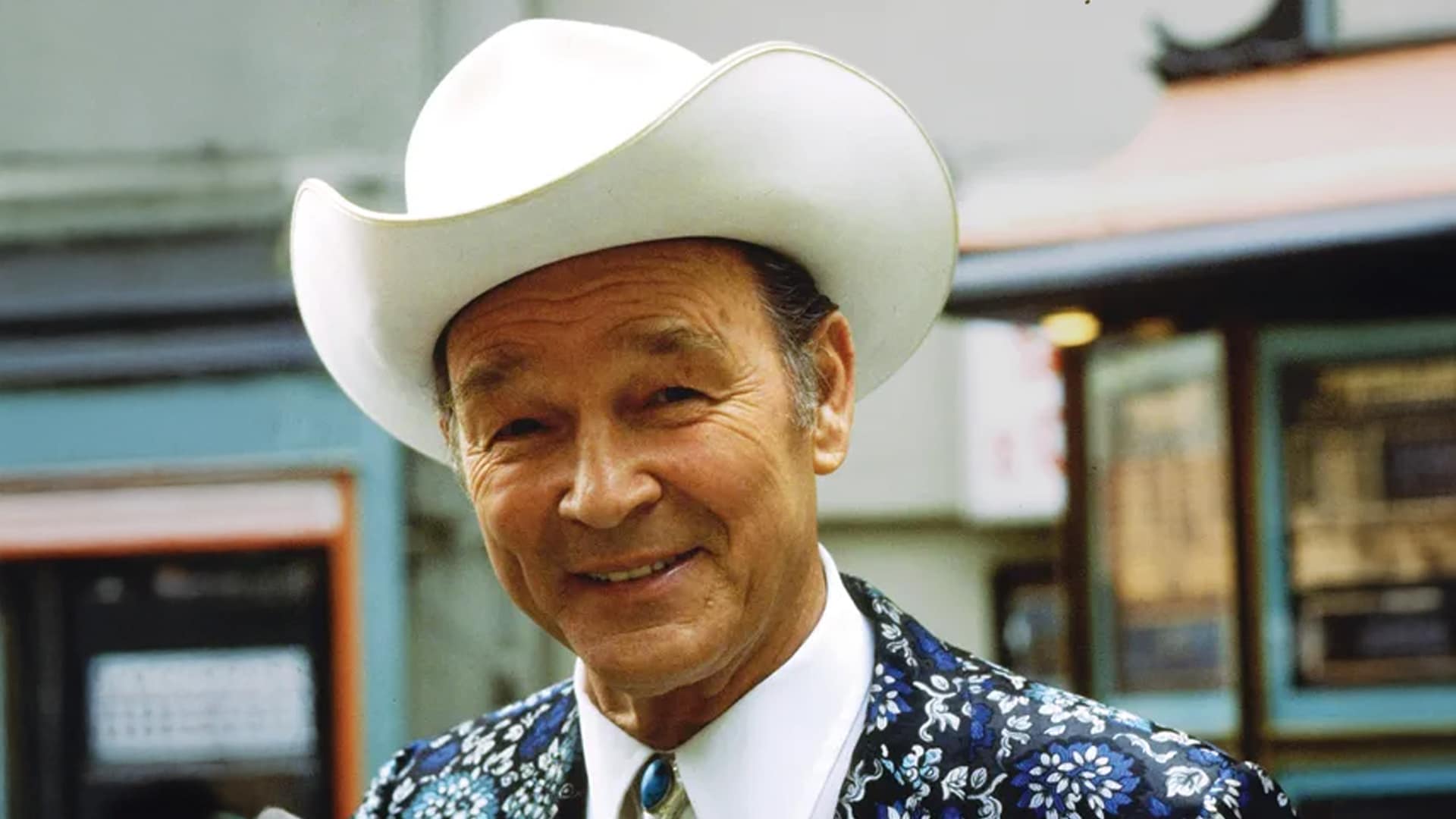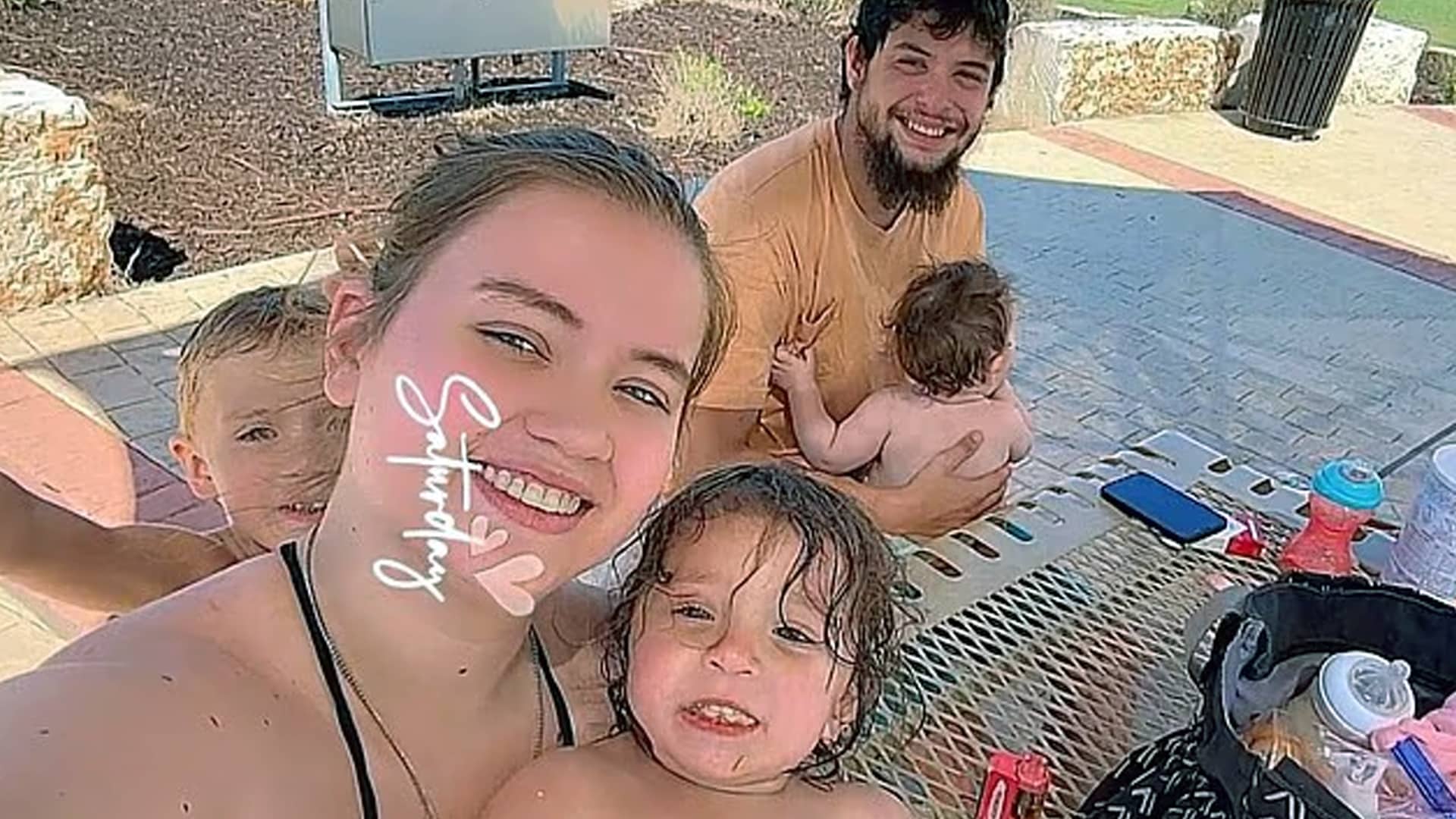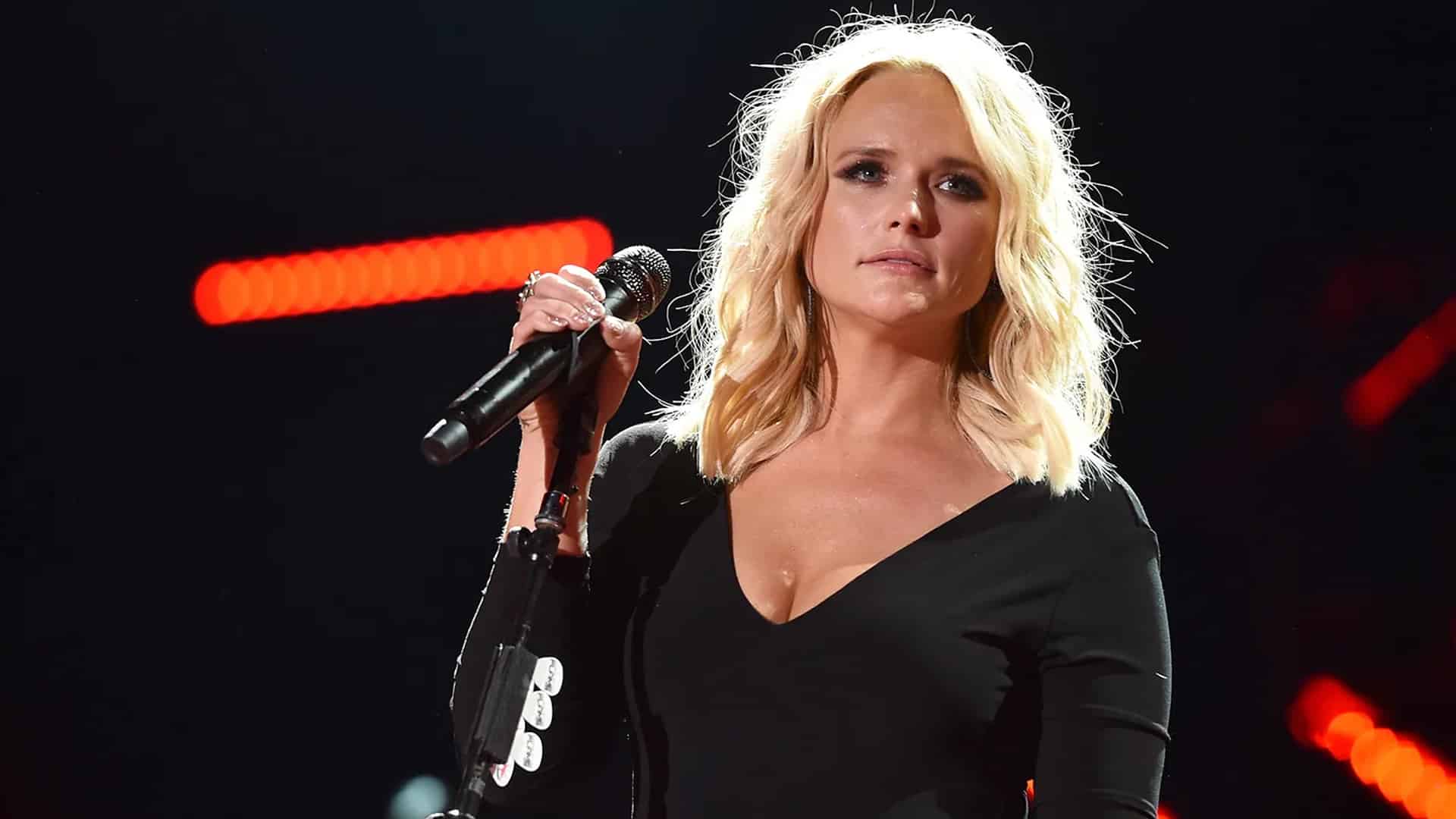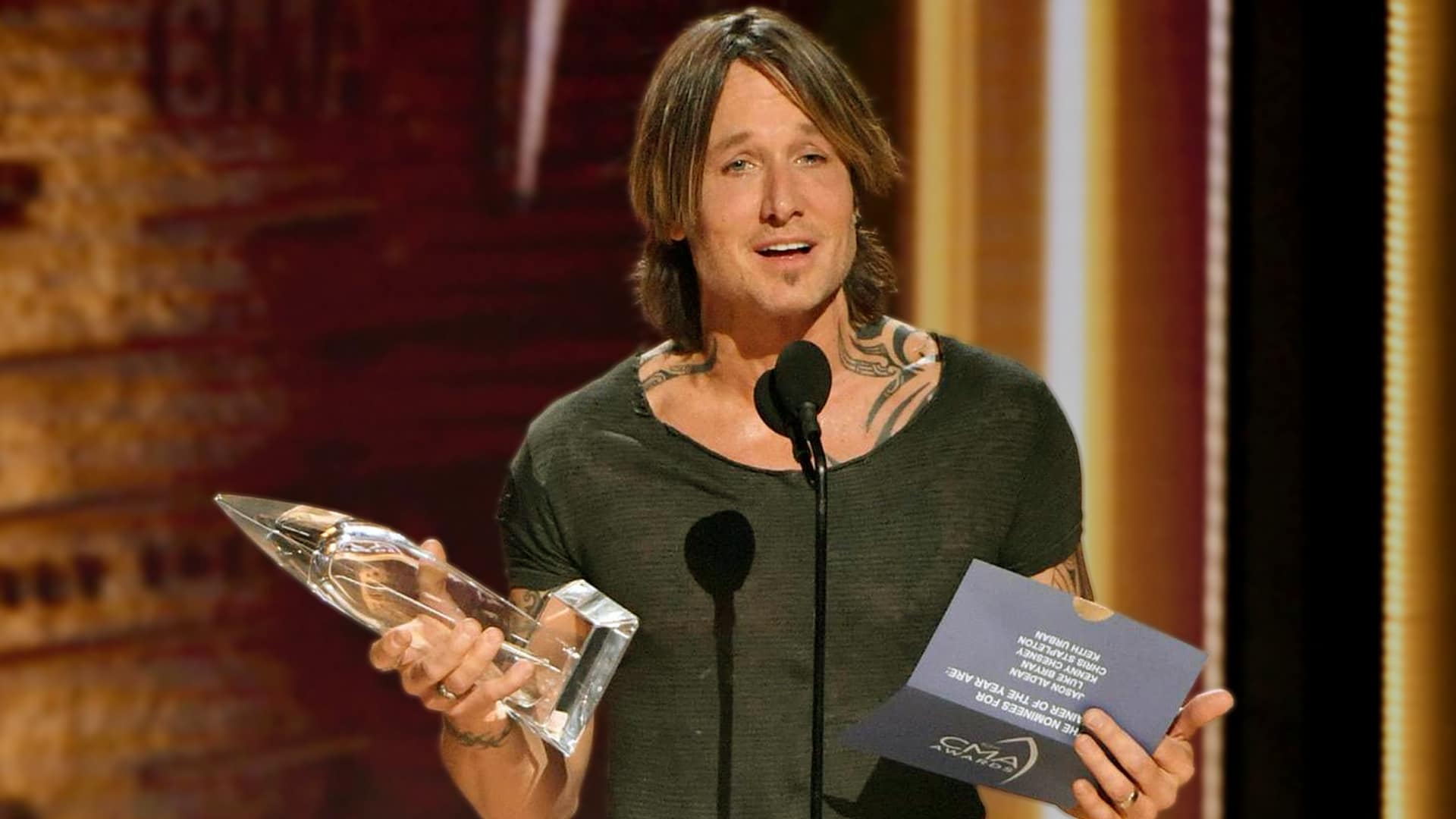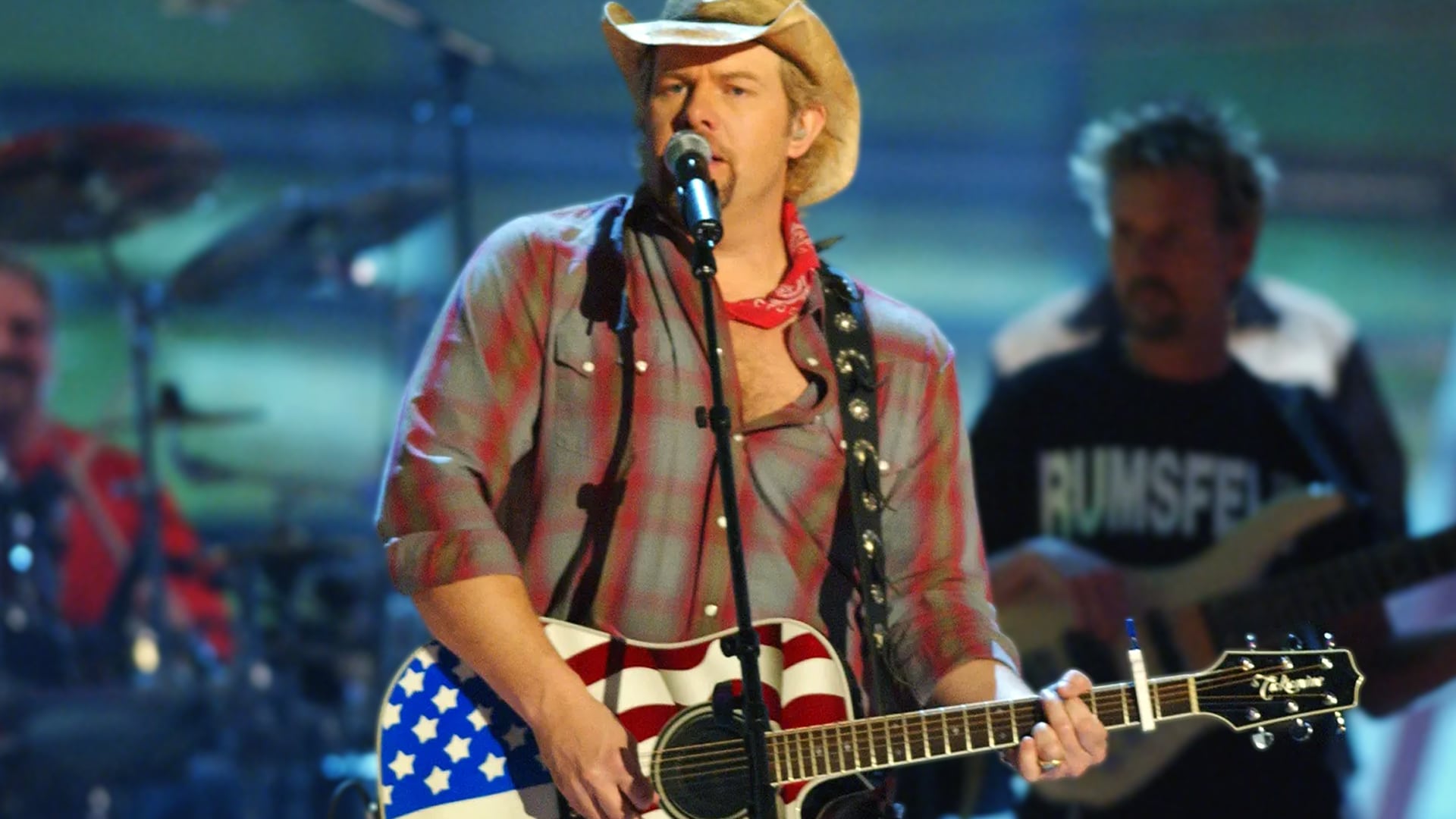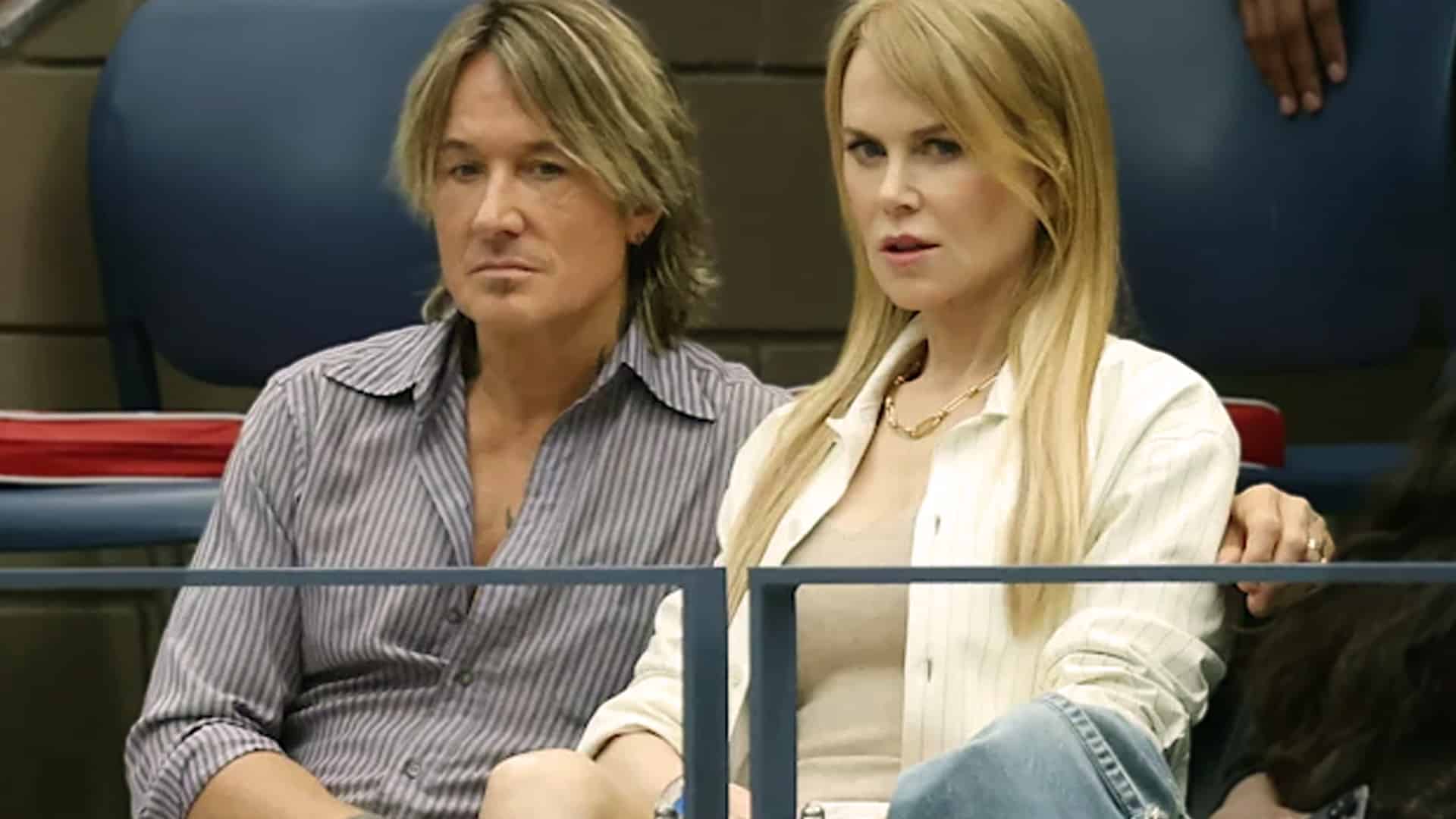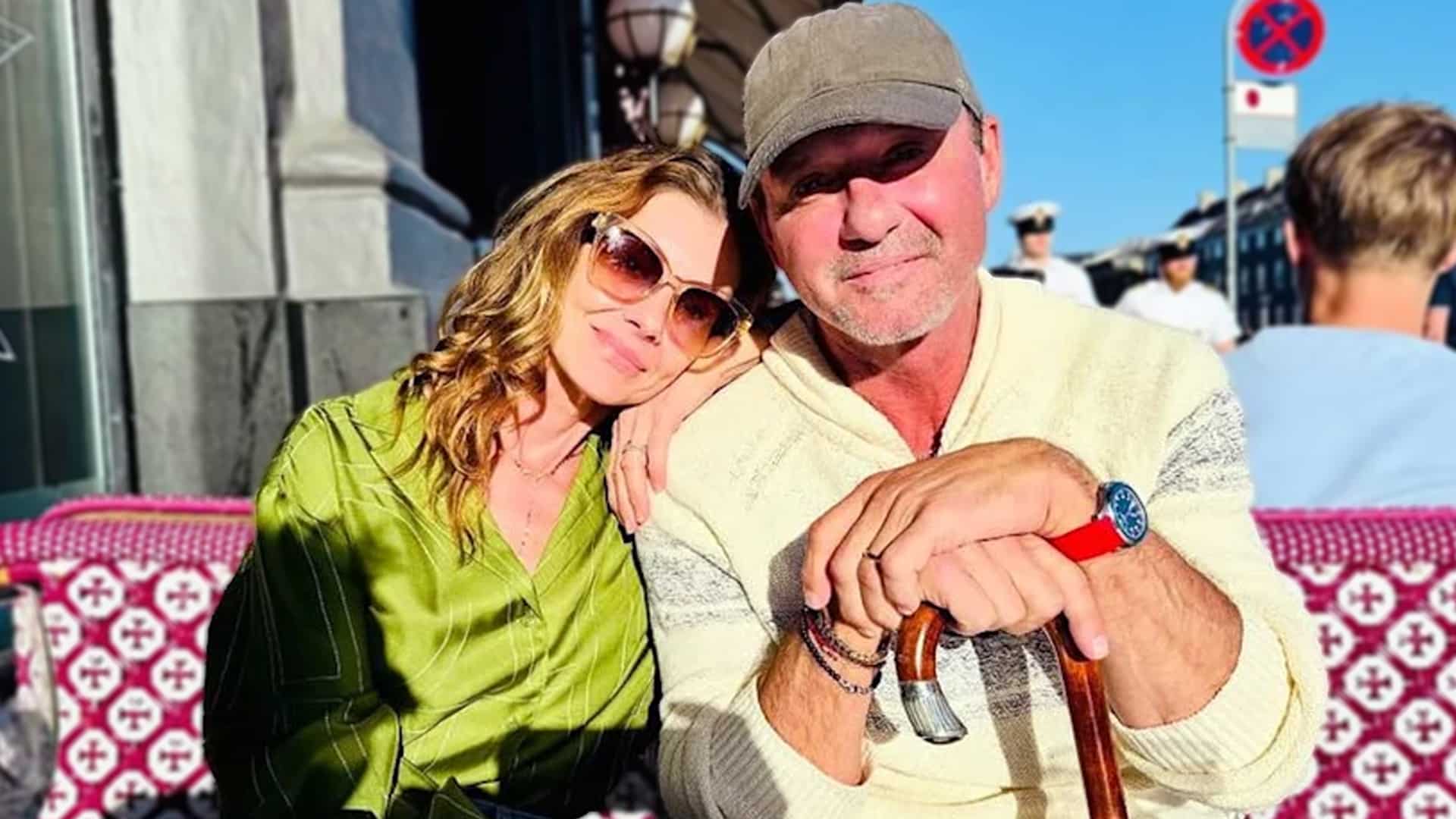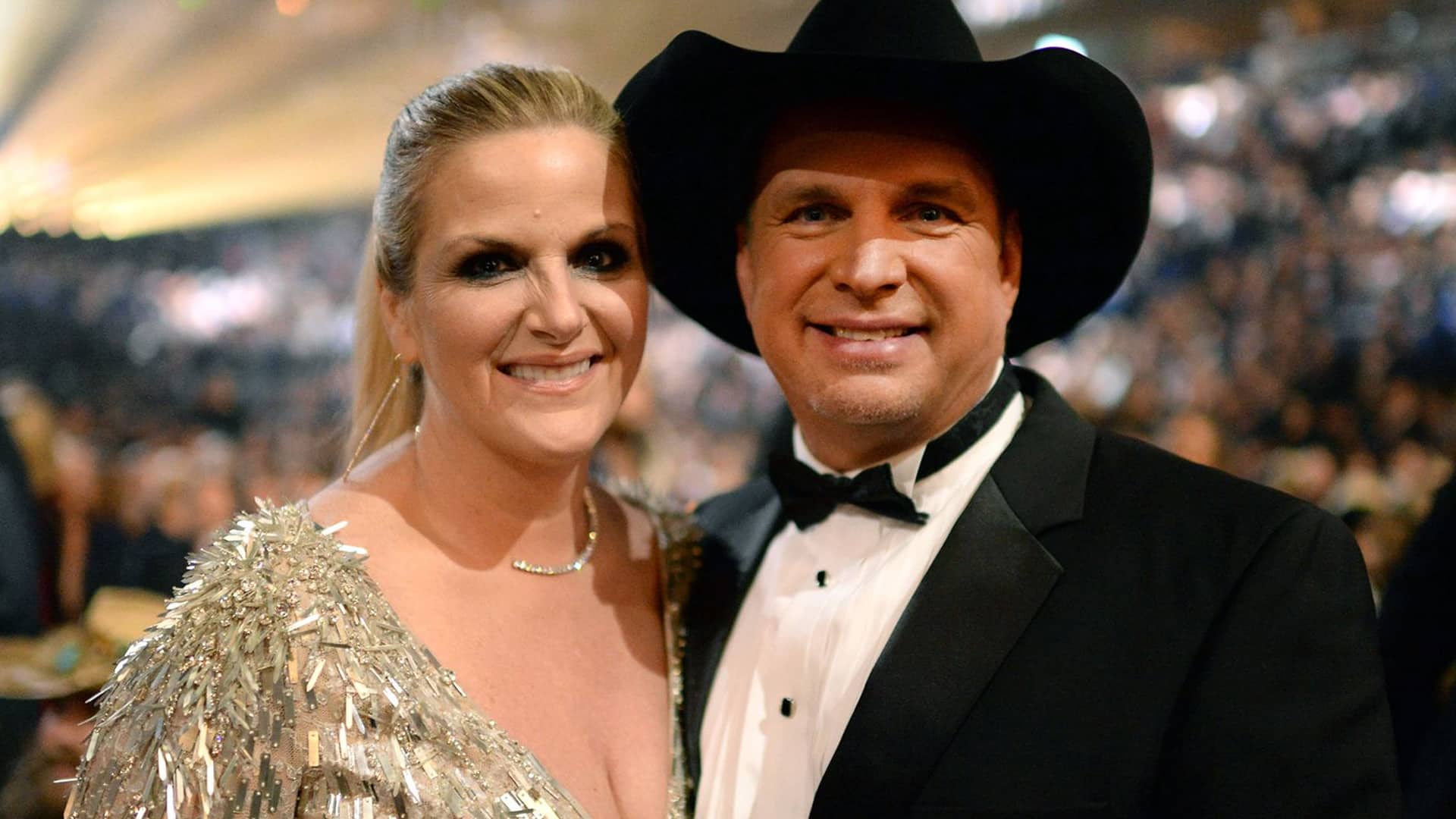The glacial delay in choosing Gene Watson as a member of the Grand Ole Opry has definitely been one of the most significant cultural oversights of our time. This Friday (Feb. 7), however, it will be remedied when the caramel-voiced singer formally joins the cast of the iconic stage show and radio broadcast.
Critics have long regarded Watson as one of the supreme vocal stylists of country music, rivaling the dramatic story-telling and mood-setting power of singulars such as George Jones, Vern Gosdin, Earl Thomas Conley, and Willie Nelson.
Now 76, Watson played the Opry for the first time 55 years ago when he was gaining national attention with his sultry 1975 hit, “Love in the Hot Afternoon.” Watson remembered taking a gamble on the song in an earlier interview with CMT.com. “Several artists had already recorded it, one of them being Jim Ed Brown if I am not mistaken. (It was in Brown’s 1972 album, Evening.) But the lyrics in it had been smoothed down because it was pretty spicy during those days.
“Then I got hold of the song: the original demo. We were flying to Nashville, and I told my manager-producer,’ You know, I want to cut this song, but I want to cut it the way it was written.’ I said, “Let’s just go for it, and if it gets played, OK, and if it don’t, we haven’t lost that much.’ So I went in there and backed my ears, and we came up with the unique fiddle turnaround in it and, of course, Commercial Hurshel (Wiginton, a background singer) on that bass line in there —’ file gumbo.’ It just turned out to be a good record.”
It was an excellent record, indeed, one that laid the foundation for classics such as “You Could Know As Much About a Stranger,” “Paper Rosie,” “One-Sided Conversation,” “Nothing Sure Look Good on You,” “Should I Go Home or Should I Go Crazy,” “Fourteen Carat Mind,” “Memories to Burn” and the inconsolably mournful “Farewell Party”
Since Watson was so keen on recording only songs with feelings with which he could relate, they seemed to inscribe themselves in the mind of the listeners, even when they didn’t go No. One or Top 5.
As a chart artist, Watson peaked in the mid-1980s, but his allure never dimmed as a crowd-pleaser. He proved in his recordings of such pop classics as “At Last” and “What a Difference a Day Made” that his vocals were as well suited as honky-tonks to supper clubs.
For the 2011 album, Your Money and My Good Looks, he teamed up with bluegrass queen Rhonda Vincent. The two carry on playing occasional shows together. His “My Heroes Have Always Been Country” from 2014 featured covers of such immortals as “Long Black Veil,” “Slide Off Your Satin Sheets,” “It’s Not Love (But It’s Not Bad)” and “Make the World Go Home.” In 2017, Watson presented his fans with the ‘My Gospel Roots’ album. And he never slowed down — the website lists over 50 shows planned for the coming year.
When he surprised Watson back in January on the Grand Ole Opry stage to tell him he was invited to become a member, Vince Gill said to the crowd, “He’s one of the greatest country singers that’s walked the earth.” There’s no argument there.

